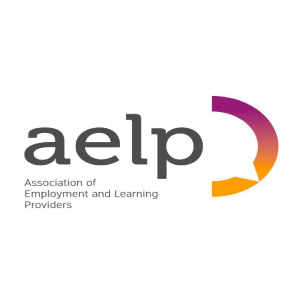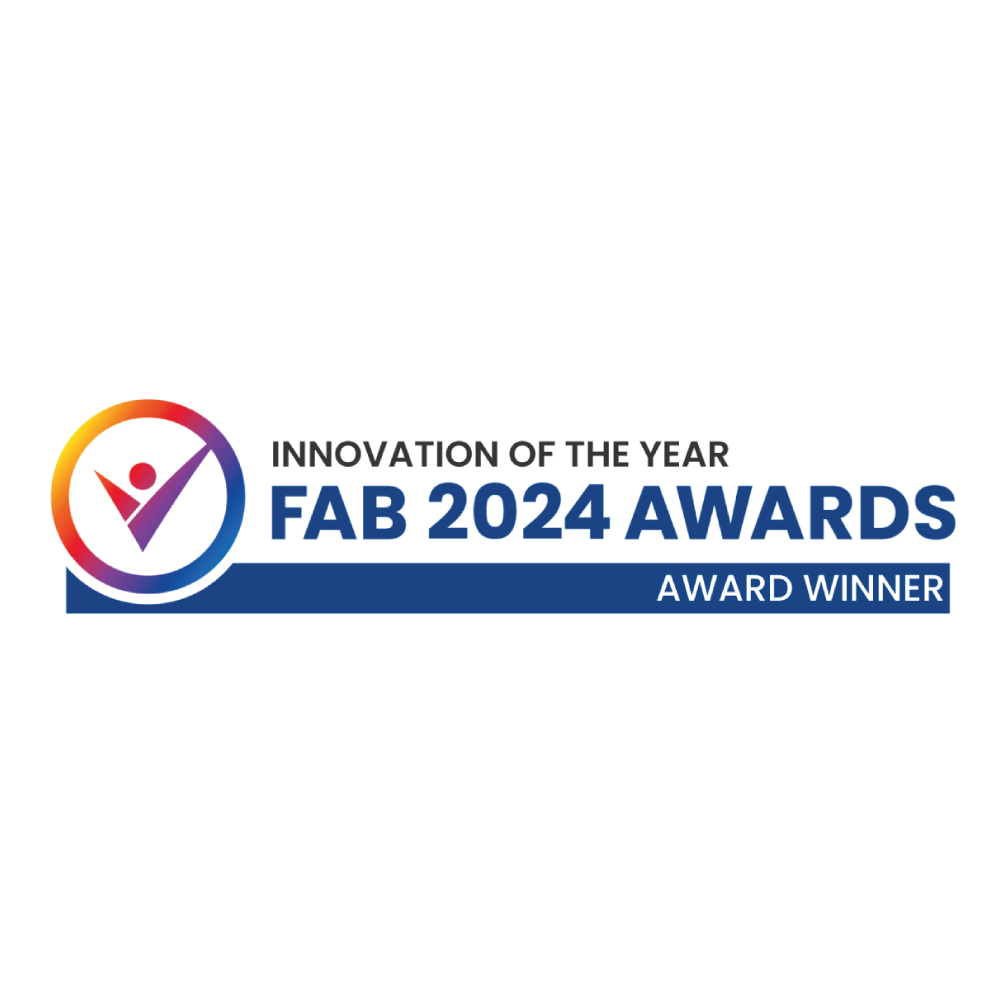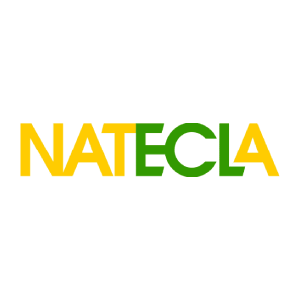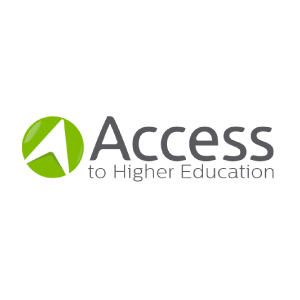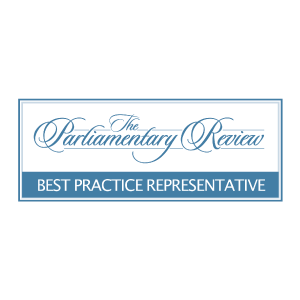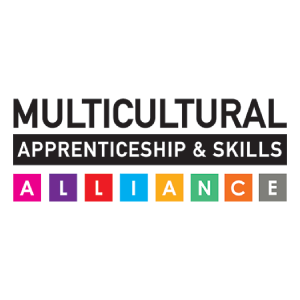
How to Build Successful Traineeships
In our first webinar of the 2020-21 academic year, Beej Kaczmarczyk discussed the growing importance of traineeships and how to ensure your traineeships are successful for your education provider, learners and local employers. Below we summarise what we learnt from this thought-provoking webinar.
What is a traineeship?
A traineeship is a national programme which provides 16 to 24 year olds in England with the skills and work experience needed to progress into apprenticeships, sustainable employment or further learning.
From September 2020 traineeships will be made up of four core elements:
- Work preparation training with an education provider, covering areas like CV writing, interview preparation, job search and inter-personal skills.
- A high-quality work experience placement with an employer to give the young person meaningful work experience and an opportunity to develop workplace skills.
- A basic skills element with English, maths, ESOL and digital where needed.
- Flexible vocational learning and qualifications with a focus on preparing the trainee for occupational standards within apprenticeships or occupation specific employment, depending on the needs of the young person and linked to the local labour market. (Department for Education, 2020)
Why are traineeships important now?
The Government view traineeships as a vital part of England’s recovery post COVID-19 helping to combat the predicted high level of unemployment amongst young people following the end of furlough, which has supported 8 million people. In addition, with 800,000 young people coming out of structured and compulsory education this year, it is feared that they will be impacted in a competitive job market. As a result, the Government has made changes to traineeships in their ‘A Plan for Jobs 2020’ scheme, making them a viable option to get people into work post COVID-19 by training young people for jobs that match both their skills and the needs of their local job market. As part of the scheme the Government have outlined a plan to triple participation in traineeships. To do this they have: increased the funding for traineeships this year by £111 million; extended the eligibility criteria for traineeships to 19 to 24 year olds with a Full Level 3 and below; offering new Employer Incentive Payments; and extended the maximum duration of traineeships to a year from six months, to reflect the needs of the learner and labour market.
Who are traineeships for?
Traineeships are aimed 16 to 24 year olds who meet one of more of the following criteria:
- Highest attained qualification is at Level 3 or below
- Has little or no work experience
- Is unemployed
- Has an EHCP
- Has potential to be ready for an apprenticeship or employment within 12 months
How do you ensure your traineeships are successful?
There are many key components that you as an education provider need to consider and implement to ensure traineeships are successful. The first key component to consider when designing your traineeships is that no one model fits all. Traineeships need to be flexible and tailored to the needs of individual learner, employer and local job market, with an emphasis on outcomes and destinations.
Furthermore, for a traineeship to be successful in preparing the learner for employment and getting them into full-time work a holistic approach needs to be taken at every stage of the traineeship; from the design of the traineeship, to the recruitment and matching process of learners, to progress tracking and the overall success of the traineeship.
Below we look at how a holistic approach can be taken to different aspects of traineeships and how they contribute to the success of traineeships:
- Curriculum design – ensure all core elements are integrated in the traineeship from the very beginning in a clear structure. In addition, provide learners with clear learning aims and outcomes for each area, so they know what they are working towards and what needs to be achieved at each stage of the programme. Other key aspects to implement in the curriculum include: sector focus – educate on one or two sectors in detail relevant to the learner and traineeship with a clear line of sight to occupational standards, rather than briefly covering a range of sectors; the integration of good quality IAG (information, advice and guidance), including: careers advice; personal development; learning support; student progress tracking; and opportunities for regular feedback from both student and employer. This will allow for building the learner’s confidence and ensure they develop the essential skills required for the workplace and by the employer.
- Employer and stakeholder engagement – is vital to ensure transparency in traineeships and ensure they are fit for purpose. Stakeholder engagement needs to be undertaken before traineeships are created and continue after the traineeship is completed. It’s important that you continue a two-way communication with the learners and employers after the traineeship is completed, to ensure the skills learnt on the traineeship are sufficient and allow the learner to progress up the career ladder after they have settled into full-time employment. This information is key for influencing the design of your future traineeships and ensuring they are robust. Key people to consult with include local authorities, employers, parents, learners, Job Centre Plus, National Careers Service, National Probation Service or wherever the young person has come from. Communicating with key individuals in your local area allow you to understand the priorities for employment in your locality and create traineeships that meet the needs of employers and fill gaps in your local area.
- Branding and marketing – focus on the outcomes of traineeships rather than what they are, as it will attract motivated learners who want to progress into employment or further education. Highlight the careers guidance aspect and traineeships being a step-up to jobs.
- Matching process and targeted recruitment – it’s vital that you match the needs of the learners with the employers and put them together in an appropriate programme. For this you need to understand the skillsets required by the employer, the motivations of both the employers and learners and the type of learners you need for the traineeship before you can recruit the learners. The best way to recruit learners is through a combination of methods including: interviewing; profiling, e.g. through DISC or Talent Finder; screening, e.g. through QubeLearning; and observation of tasks.
- Progress tracking – it’s important that you record the learner’s progress and the learner receives regular feedback from their provider and employer throughout the traineeship, to build their confidence and know in which areas they need to work on their skills, in order to meet the requirements of the traineeship and employer. Without this, due to the amount of learning that takes place in a short period of time on traineeships learners could become overwhelmed. As a result, it’s vital that you use feedback opportunities for confidence building as well as to discuss areas of improvements. At the end of the work placement it’s important that the learner gets a formal interview – where a vacancy exists – or an exit interview with the employer, in order to practice their new skills and review how much they have learnt, setting them up for employment. In addition, it’s vital to gain feedback from the learner and employer on the design and structure of the traineeship in order to improve your traineeship provision, ensure your offer is competitive and continues to meet the needs of local employers and learners.
Providers with the highest rates of progression are able to adapt their models to meet the needs of the individual learner, employers and in future the changing needs of the economy. This will be critical in recovery post COVID-19, as we will need to review the sectors to see where the vacancies are in order for traineeships to fill employment gaps, and also to ensure traineeships prepare learners for potential new ways of working i.e. remotely. Furthermore, going forward a priority within traineeships will be having flexible modes of delivery and an offer of appropriate qualifications adaptable to changing needs.
How can Ascentis enrich your traineeship offer?
At Ascentis we have several qualifications that can fit into the core elements as well as the flexible occupational and vocational element of traineeships.
Short Online Qualifications (SOQs)
Flexible qualifications ideal for online or blended learning. 25 subjects to choose from including:
- Entry 3 and Level 1 Award in Equality & Diversity
- Entry 3 and Level 1 Award in Internet Safety for IT Users
- Level 1 Award in Infection Control and Prevention
- Level 1 Award in Mental Health & Well-being
- Level 1 Award in Health & Safety
- Level 1 Award in Understanding Employment, Business & Enterprise
- Level 1 Award in Personal Safety
All our SOQs our accompanied by online interactive resources and are completed by a multiple choice online assessment in the classroom or remotely through e-Invigilation.
Click here to find out more about our Short Online Qualifications.
Employability
Education providers deliver the following qualifications in our Employability suite for their traineeships:
- Entry 1, 2 and 3 Award in Using Employability Skills – It covers 3 aspects of personal and social development, work skills and vocational skills. It helps the learner overcome barriers to employment and learn new skills in specific areas of employability.
- Entry 3, Level 1 and 2 Award in Work Preparation – It includes introductory units on various industries e.g. engineering, health and social care, building and construction, hair and beauty, business admin and many more. Other units include CV Writing and Applying for A Job.
- Entry 2, 3 and Level 1 in Skills for Employment – Introduction to the skills needed to gain employment and build confidence. Example of units included are CV Writing, Applying for A Job, ICT for Employment, and Rights and Responsibilities.
All of the qualifications above are funded through the Local Flexibility Offer, are assessed through a portfolio of evidence and are suitable for blended learning.
Click here to find out more about our Employability qualifications.
Progression to Further Learning and Work
The below qualifications within our Progression to Further Learning and Work suite of qualifications complement traineeships programmes:
- Entry 3 and Level 1 in Character Education – aimed at learners who will benefit from reflection and adaption of their own behaviour. It trains them to work effectively as a team and how to manage and adapt their behaviour and conduct themselve in the workplace.
- Entry 3 and Level 1 Identity and Belonging in Modern Britain – to help learners explore their identities and work towards understanding their own sense of belonging, in order to achieve a skill set that will enable them to operate independently and effectively in every part of work, education and life in modern Britain.
- Level 1 Award in Career Planning and Development – helps learners to develop their skills to plan their career path. It also helps learners to understand career opportunities and how to make career decisions.
All of the qualifications above are funded through the Local Flexibility Offer, are assessed through a portfolio of evidence and are suitable for blended learning.
Click here to find out more about these qualifications.
Digital Skills
The below qualifications are ideal for learners who need to develop digital skills as part of their traineeship:
- Entry 3 and Level 1 Award Skills for Digital Transactions – improve learners’ ability to use mobile devices and computers to buy goods and services online, administer and manage transactions and finances online.
- Entry 3 Award Developing Online Digital Skills – Learners will develop the necessary skills to use computing devices to access the internet and search for information, send emails, download documents and complete online forms.
Essential Digital Skills *Coming Soon
Entry 3 and Level 1 Award in Essential Digital Skills for Life & Work
Click here to find out more about our Digital Skills qualifications.
English and Maths Skills (Stepping Stones)
The below qualifications help learners to gain the English and Maths skills required to complete traineeships:
Entry 1 to Level 2 Awards, Extended Awards and Certificates in English and Maths Skills
These qualifications are broken down into bite-sized to help build learner confidence and are assessed through on-demand controlled assessments. A range of sample, practice and live papers are available. Free staff training available prior to delivery.
Click here to find out more about our English and Maths Skills qualifications.
ESOL
The below qualifications are ideal for learners who need to improve their English Language skills whilst completing their traineeship:
Entry 1 to Level 2 Awards and Certificates in ESOL Skills for Life (Speaking and Listening, Reading and Writing)
Assessed by unique task-based controlled assessments in the classroom. The tasks can be broken up and taken when the learner is ready. A range of sample, practice and live papers are available. Free staff training available prior to delivery.
Click here to find out more about our ESOL qualifications.
Find Out More
If you would like to find out more about how we can support your traineeship offer please contact us here. Alternatively you can arrange a virtual visit here.
